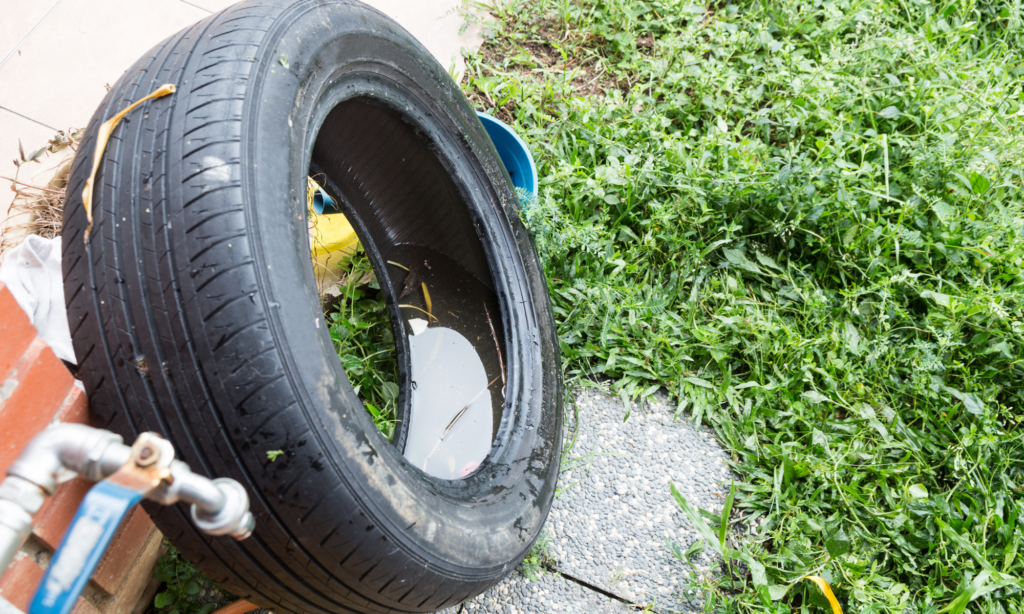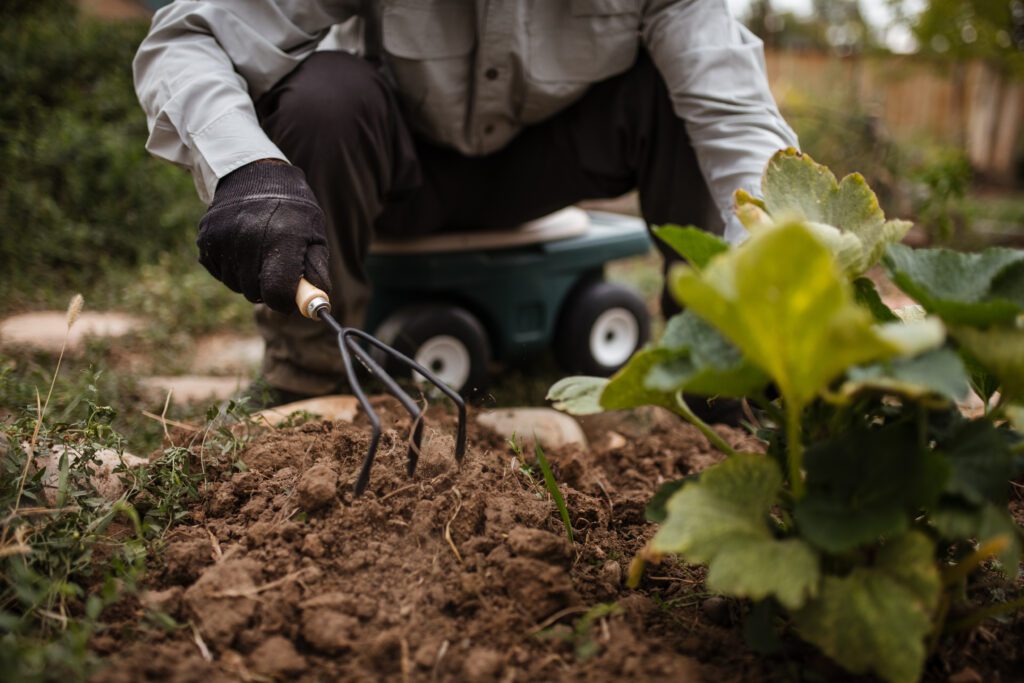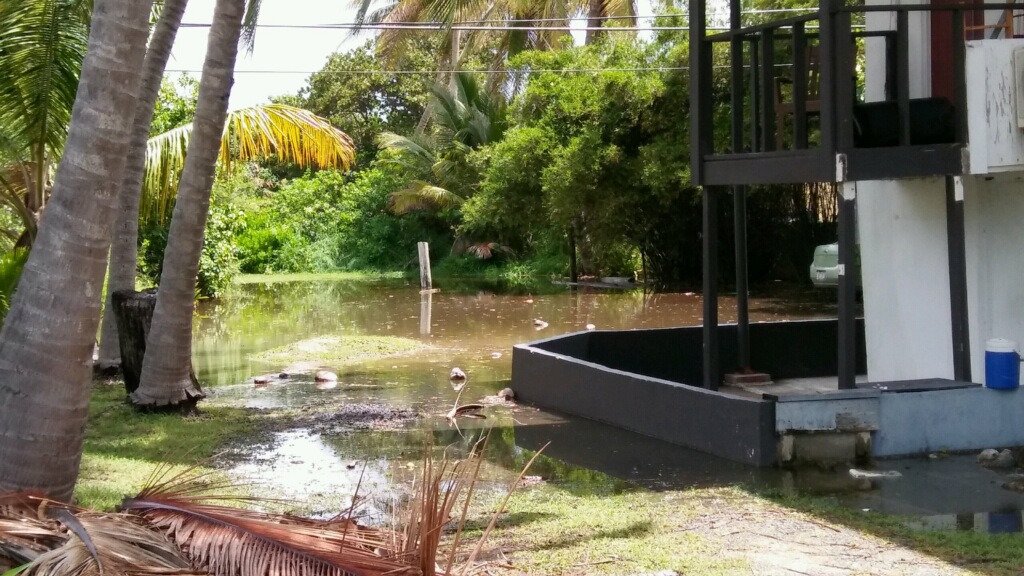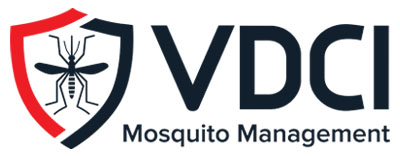Do you know where mosquitos breed?
Mosquitoes are well-known for their ability to breed in various environments. Recognizing where these insects choose to lay their eggs is crucial to effectively manage nuisance mosquitoes, as well as reduce the spread of harmful diseases that some can carry. Through continuous surveillance, we can better understand mosquito species and population dynamics, detect insecticide resistance, and intervene by draining or treating water before mosquito larvae complete their life cycle. This information also guides strategies for managing adult mosquitoes, empowering communities to optimize resources by applying insecticides in the right areas, at the right times, and in the right amounts.
Container Mosquitoes:
Container mosquitoes like Aedes aegypti and Aedes albopictus deposit their eggs directly along the water line of the inside surface of containers. Containers can vary from natural containers such as tree-holes and the axis leaves of plants, to a wide range of artificial containers including tarps, discarded tires, clogged gutters, buckets, flower pots, bird baths, and playground equipment.

Floodwater Mosquitoes:
In contrast, floodwater mosquitoes, most commonly the Aedes and Psorophora genera, lay their eggs on plants and along the water-soil line, often in areas prone to flooding during storms. When precipitation arrives, the eggs are submerged in water, triggering their hatching and initiating the mosquito life cycle. These species may also utilize temporary pools of water created by rainfall for larvae development.

Permanent Water Mosquitoes:
Permanent water mosquitoes from the Anopheles and Culex genera often lay their eggs on ponds, swamps, marshes, water treatment facilities, and other waterbodies that remain stagnant for long periods of time. These permanent aquatic habitats tend to be expansive and can sustain substantial mosquito populations over time, leading to persistent problems.

Understanding the Mosquito Life Cycle
In addition to knowing where mosquitoes lay their eggs, understanding the mosquito life cycle is also integral for effective management. Mosquitoes undergo a complete metamorphosis over four distinct stages: egg, larva, pupa, and adult. After larvae hatch from their egg, they feed on organic matter present in the water and molt several times before transforming into a pupae. The pupal stage is a non-feeding stage during which the mosquito undergoes metamorphosis into its adult form. Finally, the adult mosquito emerges from the pupal case and the females seek a blood meal to fuel egg production, thus continuing the cycle.
Control Mosquitoes with Source Reduction
Effective mosquito control strategies are supported by eliminating or treating potential breeding sites. Discarding standing water from containers, ensuring proper drainage of ditches and gutters, and regularly maintaining swimming pools and other water features are essential steps in reducing mosquito breeding habitats. Additionally, larviciding treatments targeting mosquito larvae in stagnant water sources can help prevent their development into nuisance and potentially disease-carrying adults. Public education can help ensure these practices are implemented across a community. Educational efforts should also include tips for personal protection, such as wearing light-colored long sleeves and pants, using mosquito repellent containing DEET or Picaridin, and avoiding the outdoors around dawn and dusk when mosquitoes are most active.

Mosquitoes have adapted to lay their eggs in various habitats, so understanding these diverse breeding sites and the mosquito life cycle is essential for effective population control. By taking proactive measures to eliminate stagnant water and maintain proper drainage, individuals can play a crucial role in reducing mosquito populations and mitigating the risk of mosquito-borne diseases. Just a small step in eliminating breeding sites can make a significant difference in supporting an integrated mosquito management program that emphasises protecting public health and well-being.
Contact Our Experts
Complete the form below or call us at 800-413-4445 to speak to an expert about your mosquito management needs.
 Since 1992, Vector Disease Control International (VDCI) has taken pride in providing municipalities, mosquito abatement districts, industrial sites, planned communities, homeowners associations, and golf courses with the tools they need to run effective mosquito control programs. We are determined to protect the public health of the communities in which we operate. Our mosquito control professionals have over 100 years of combined experience in the field of public health, specifically vector disease control. We strive to provide the most effective and scientifically sound mosquito surveillance and control programs possible based on an Integrated Mosquito Management approach recommended by the American Mosquito Control Association (AMCA) and Centers for Disease Control and Prevention (CDC). VDCI is the only company in the country that can manage all aspects of an integrated mosquito management program, from surveillance to disease testing to aerial application in emergency situations.
Since 1992, Vector Disease Control International (VDCI) has taken pride in providing municipalities, mosquito abatement districts, industrial sites, planned communities, homeowners associations, and golf courses with the tools they need to run effective mosquito control programs. We are determined to protect the public health of the communities in which we operate. Our mosquito control professionals have over 100 years of combined experience in the field of public health, specifically vector disease control. We strive to provide the most effective and scientifically sound mosquito surveillance and control programs possible based on an Integrated Mosquito Management approach recommended by the American Mosquito Control Association (AMCA) and Centers for Disease Control and Prevention (CDC). VDCI is the only company in the country that can manage all aspects of an integrated mosquito management program, from surveillance to disease testing to aerial application in emergency situations.

